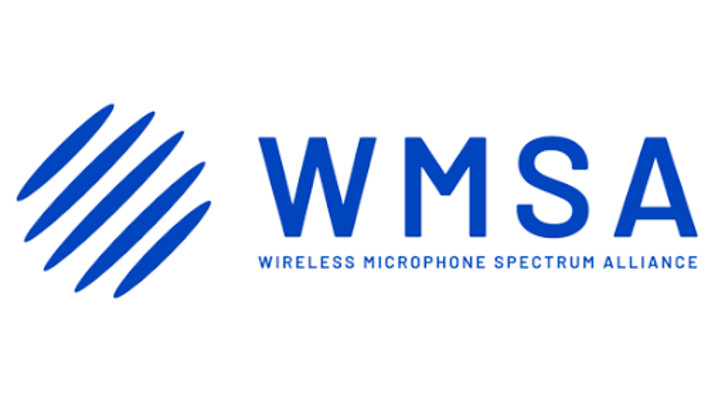The professional video industry's #1 source for news, trends and product and tech information. Sign up below.
You are now subscribed
Your newsletter sign-up was successful
The FCC has denied a May 6, 2008 petition for rulemaking from the Utilities Telecom Council and Winchester Cator, LLC that would have created a secondary fixed service in the 14.0-14.5 GHz band and made the spectrum available for fixed and temporary fixed point-to-point and point-to-multipoint stations to support, among other things, “the communications needs of critical infrastructure industry (CII) users.”
In Order DA 13-1093, the FCC stated, “we find that the UTC-Winchester Petition makes assumptions about allocations, licensing and system operation that are not fully explained and that appear to rely on incorrect premises or that are inappropriate for the types of service that UTC-Winchester proposes, and the petition accordingly will be denied.”
The FCC noted the existing primary use of the band is for fixed satellite service (FSS) operations, with secondary use by federal entities for fixed-service and mobile service, with other secondary use of the 14.0-14.2 GHz segment for the Tracking and Data Relay Satellite System and also permissive use by the Radio Astronomy service.
A footnote added that ���the Commission has proposed to add a secondary allocation in the non-Federal Aeronautical Mobile Service (AMS) for air-ground mobile broadband in the 14.0-14.5 GHz band and to establish service rules for a new terrestrial based air-ground mobile broadband service with aircraft.”
Potential for interference with existing users was one of the reasons the FCC cited in denying the Petition, stating “UTC-Winchester has not provided a basis for concluding that the nationwide CII license using a coordination process 'internal to CII users' would be able to successfully resolve interference issues with incumbent services.”
The National Spectrum Management Association filed comments stating that there is a lack of clarity in the proposal as to how primary and secondary users would share with CII entities, what CII users and uses would be permitted, and why a single entity should be selected to manage the band. Information presented by UTC-Winchester suggested a very large number of CII deployments, including use at widely distributed electrical substations.
The Order explains, “The potentially large number of deployments that would be likely under the UTC-Winchester Petition increases the likelihood that a particular station could cause harmful interference to satellite uplinks that are operating on a primary basis in the band. The system design described by UTC-Winchester--a potentially unlimited number of CII and non-CII stations deployed across various terrain, operated by different users, and overseen by a central manager--makes the identification of particular stations that could cause harmful interference even more challenging. While we could address this problem by requiring the coordination of individual stations with incumbent users, doing so is not a practical option, as it would create unwarranted burdens on the primary licensees in the band. Other approaches--such as simply relying on incumbents to report harmful interference after suffering degradation in service--would be inappropriate for the same reason.”
The FCC's response to the UTC-Winchester Petition is encouraging and another positive step in assuring users of the Ku-band satellite spectrum--from program distributors with large uplink antennas to SNG trucks with 1.2 meter antennas and retail outlets VSAT antennas on the roof--that the FCC is serious about protecting them from interference and consistent with the policy proposed in the AMS NPRM.
The professional video industry's #1 source for news, trends and product and tech information. Sign up below.

Doug Lung is one of America's foremost authorities on broadcast RF technology. As vice president of Broadcast Technology for NBCUniversal Local, H. Douglas Lung leads NBC and Telemundo-owned stations’ RF and transmission affairs, including microwave, radars, satellite uplinks, and FCC technical filings. Beginning his career in 1976 at KSCI in Los Angeles, Lung has nearly 50 years of experience in broadcast television engineering. Beginning in 1985, he led the engineering department for what was to become the Telemundo network and station group, assisting in the design, construction and installation of the company’s broadcast and cable facilities. Other projects include work on the launch of Hawaii’s first UHF TV station, the rollout and testing of the ATSC mobile-handheld standard, and software development related to the incentive auction TV spectrum repack. A longtime columnist for TV Technology, Doug is also a regular contributor to IEEE Broadcast Technology. He is the recipient of the 2023 NAB Television Engineering Award. He also received a Tech Leadership Award from TV Tech publisher Future plc in 2021 and is a member of the IEEE Broadcast Technology Society and the Society of Broadcast Engineers.
